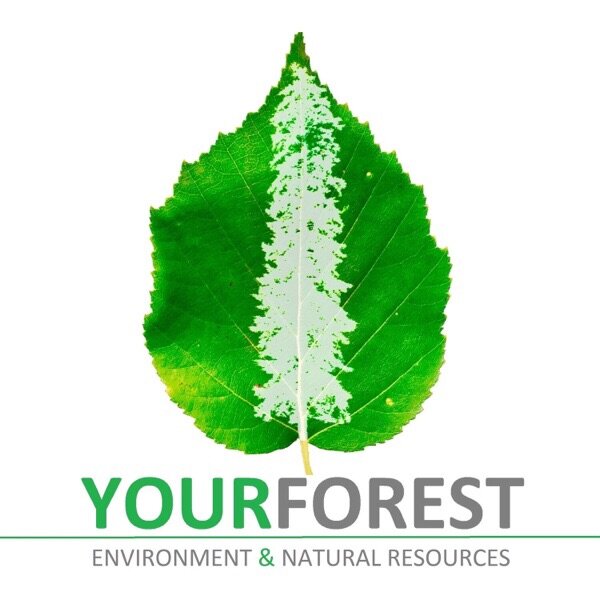Wildfire is often portrayed in the media as being ‘destructive’ and ‘catastrophic’. In this podcast we explore the concept of fire as a tool for ecological health and cultural empowerment by Indigenous people around the globe. Good Fire is a term used to describe fire that is lit intentionally to achieve specific ecological and cultural goals. Good fire is about balance.
Good Fire Podcast by Amy Cardinal Christianson and Matthew Kristoff
Stories of indigenous fire stewardship, cultural empowerment and environmental integrity
Welcome to Good Fire in Alberta, Canada
Episode highlight
In this podcast, Amy and Matthew explore the concept of fire as a tool for ecological health and cultural empowerment by Indigenous peoples around the globe.
Quotes
04.06 - 4.21: “Any time you talk to an Elder about good fire, it’s about cleaning up the landscape, about using fire as a tool and also as something that sustains their culture so that they can live in that area.”
13.06 - 13.22: “Our role is … given down from the creator, to look after the earth, to steward the earth… So if you can’t do that, it basically takes away who you are as a person… Why are you here, then, if you can’t look after your territory or your land?”
Takeaways
What is good fire? (01.04)
Amy is Métis from Northern Alberta, currently living in Treaty 6 territory. She is a fire research scientist with the Canadian Forest Service and works in Indigenous fire stewardship. She differentiates good fire, the fire the forest needs, from wildfires, which are dangerous and threaten people’s health, safety and property. Many Indigenous nations use fire as a tool, serving a cultural, subsistence or safety purpose.
How good fire helps (03.05)
Amy explains that good fire earns its name because it is used “to get rid of the dead trees, dry grass, things that can contribute to a bad fire”. A properly controlled fire - understory or high intensity - can do good for the forest. She acknowledges that wildfires are terrifying when they force communities to evacuate and spread rapidly. However, she states that bringing back good fire can reduce the risk of wildfires occurring.
The history of fire exclusion (5.37)
Amy understands where the inclination towards fire exclusion in Canada springs from - when settlers first came to Indigenous lands, they were terrified by the fires that damaged timber and watersheds. The frequency of wildfires has also increased over the years. However, since time immemorial, Indigenous peoples have been conducting regular repeated intervals of low-intensity burning of the land to maintain and steward the lands.
“You are never going to defeat wildfires” (09.53)
Amy believes that aiming to get rid of wildfire is unnatural. Prescribed burning “pioneers” emerged in the 60s and 70s with the idea of good fires, but Amy laments that “that’s just Indigenous knowledge that’s being taken by colonial society and reframed to their own liking and put back on the landscape”. However, she finds that Indigenous people burn for many more reasons than reducing fuel risk - they do it to restore the health of forests and communities.
The fight for fire (11.33)
Amy notes that controlled fires will give off less smoke and help prevent smoky wildfires. Indigenous communities are aware of the positive effects of controlled burning and are committed to safeguarding the land through good fire. So much so that Elders and fire keepers continued the burning despite the threat of prison from the settlers. She shares examples from different Indigenous cultures where burning is considered a familial responsibility.
A sharing circle on fire (15.05)
Amy wanted to create the Good Fire podcast to learn from Indigenous peoples around the world who work in indigenous fire management. This is a platform to share Indigenous knowledge systems that have been successful in controlling wildfires. She speaks about the different aspects of fire management from Indigenous and western perspectives, including Indigenous fire-keepers who have become fire-fighters, and some that have become risk-averse.
Keep the fire burning bright (19.32)
Amy hopes this podcast inspires listeners to seek out Indigenous fire keepers and Elders in the community to learn about the environment around them. It is also important to her, as an Indigenous researcher, to bring her “family traditions into the western academic setting”. She looks at this podcast as a way to share what fire means to Indigenous peoples and to bring good fire back onto the landscape. Stay tuned for a wealth of episodes!
If you liked this podcast, please rate and review it on your podcast app. Send your feedback and comments to amy.christianson@canada.ca or yourforestpodcast@gmail.com

